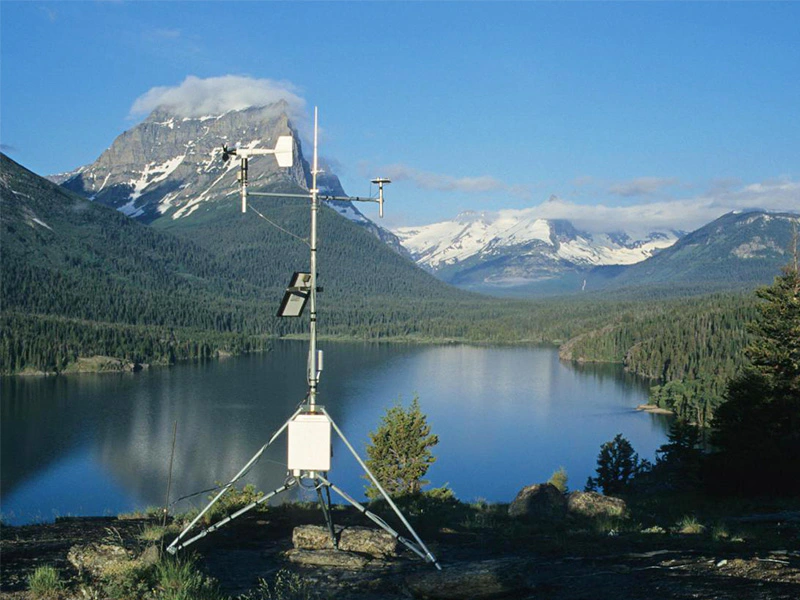
# Meteorological Station: Definition and Functions
## What is a Meteorological Station?
A meteorological station, also known as a weather station, is a facility equipped with instruments and devices designed to observe and record atmospheric conditions. These stations play a crucial role in weather forecasting, climate research, and environmental monitoring by collecting data on various weather parameters.
## Key Components of a Meteorological Station
A standard meteorological station typically includes the following instruments:
– Thermometer: Measures air temperature
– Barometer: Records atmospheric pressure
– Hygrometer: Measures humidity levels
– Anemometer: Tracks wind speed and direction
– Rain gauge: Measures precipitation amounts
– Pyranometer: Records solar radiation
## Primary Functions of Meteorological Stations
### 1. Weather Data Collection
The fundamental purpose of meteorological stations is to gather accurate and consistent weather data. These measurements form the basis for weather forecasts and climate studies.
### 2. Weather Forecasting
By analyzing data from multiple stations, meteorologists can predict weather patterns and issue warnings for severe weather events like storms, hurricanes, or heatwaves.
### 3. Climate Monitoring
Meteorological stations contribute to long-term climate studies by maintaining records of weather patterns over extended periods, helping scientists understand climate change trends.
### 4. Agricultural Support
Farmers rely on weather station data to make informed decisions about planting, irrigation, and harvesting schedules.
### 5. Aviation Safety
Airports maintain meteorological stations to provide pilots with critical weather information for safe takeoffs, landings, and flight routes.
## Types of Meteorological Stations
Meteorological stations vary in complexity and purpose:
– Synoptic stations: Provide comprehensive weather observations at standard times
– Automatic weather stations (AWS): Operate without human intervention
– Agricultural weather stations: Specialized for farming needs
– Marine weather stations: Located on ships or buoys to monitor ocean conditions
– Upper-air stations: Use radiosondes to measure atmospheric conditions at various altitudes
## The Importance of Meteorological Stations
Modern society depends heavily on accurate weather information for numerous activities. From daily commutes to large-scale industrial operations, the data collected by meteorological stations helps minimize weather-related risks and optimize planning.
As technology advances, meteorological stations continue to improve in accuracy and capability, providing more detailed and reliable weather information than ever before. These stations remain essential tools for understanding our atmosphere and preparing for its changes.
Keyword: what is meteorological station